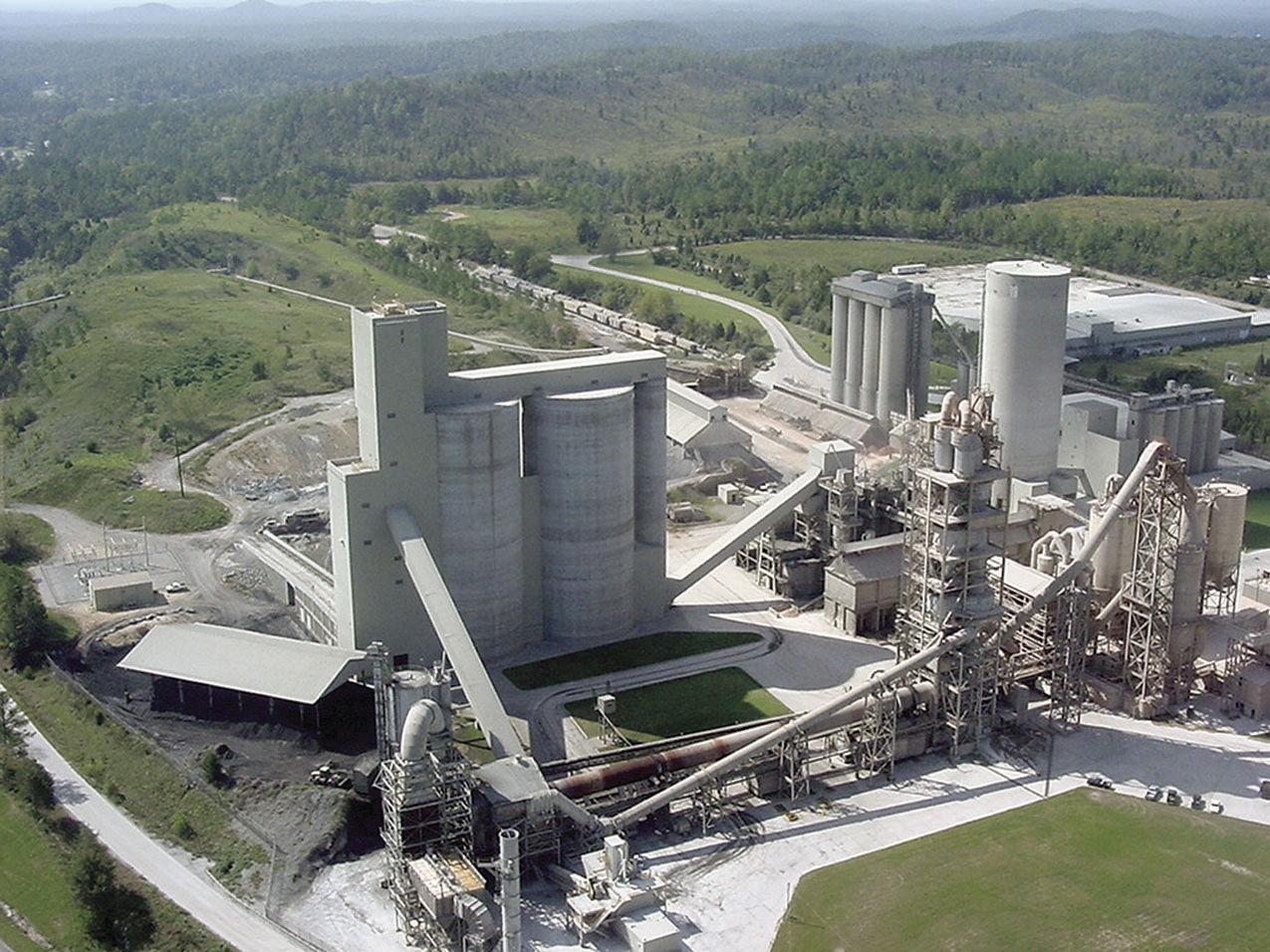
‘IT’S MONUMENTAL’
RAGLAND — The St. Clair County Commission and the Ragland City Council both approved a tax abatement Thursday for National Cement of Alabama.
Those moves came after the company announced one of the largest single economic development investments in St. Clair County — $250 million.
“It’s important for our county,” Commission Chairman Paul Manning told Spencer Weitman, president of National Cement of Alabama, who was at Thursday morning’s commission meeting in Pell City.
“We are very proud to have you here and hope you have a good morning, a good day and a good future in Ragland.”
St. Clair County Economic Development Council Director Don Smith said this is the largest single economic development investment since the economic council was formed 20 years ago.
Officials said the investment will not add any jobs to the Ragland plant but will save the 132 already there.
“These are families and friends who rely on the livelihood of National Cement,” Smith said.
In recent weeks, officials approved the closure of Blue Springs Mountain Road, allowing the company access to raw materials from the company’s property on the opposite side of the road from the cement plant.
The company is installing a multi-million dollar, state-of-the-art kiln used in the pyro-processing stage of the manufacturing of cement from materials mined from the property.
Smith talked about the significant investment by National Cement.
He said there were $450 million in investments this year in the seven-county Birmingham region, which includes St. Clair. Smith said National Cement’s investment will increase that total by 40 percent.
“It’s monumental,” Smith said.
He said unlike past abatements, which are normally over a span of five to 10 years, this is a 20-year agreement.
“We had too much that could be lost,” Smith said.
Weitman said the National Cement board of directors approved the multimillion dollar investment for the plant two months ago. He said this will allow the plant to remain open for at least another 50 years, while saving 130 jobs.
“This is going to be good for the company, and it is going to be good for families who have three, four, five generations of family members working there,” Weitman said. “The support of St. Clair County has been unbelievable. We did not want to leave Ragland or St. Clair County.”
Weitman said after the meeting the agreement was a win-win for everyone.
The cement plant has been in Ragland since 1908.
Weitman said Vicat, a company in France, bought the plant in 1974.
“This is a tremendous success story for St. Clair County,” said commission attorney James Hill III, who helped negotiate the tax abatement agreement. “It’s a story that needs to be celebrated.”
Other St. Clair County commissioners thanked National Cement officials.
“I would just like to say, thank you National Cement,” Commissioner Jeff Brown said. “They have stepped up to the plate in so many ways.”
Commissioner Tommy Bowers, who retired from Alabama Power Company, said he carried a lot of big checks to Ragland that were generated from the plant.
“Sometimes you overlook industries that continue to grow and prosper,” Bowers said, adding the commission wants existing industries to remain healthy, because when they prosper, surrounding communities prosper.
Officials said the city of Ragland depends on the large industry for its revenues and through the agreement will continue to receive needed operating funds.
“I delivered some huge checks to Ragland because of National Cement,” Bowers said. “We are proud of National Cement.”
Commissioner Jimmy Roberts agreed.
“This will help everyone around here,” he said.
Hill said the taxes being abated are new taxes that have not been received by St. Clair County or Ragland.
“We recognized the importance of National Cement to Ragland,” he said.
Officials said the tax abatements are for non-education taxes, and county schools are expected to see $8.7 million of new tax revenue over the next 20 years.
In accordance with the agreement, certain ad valorem taxes are abated for the next 20 years. In addition, sales taxes related to the construction costs are being abated, probably for the next three years, Hill said.
By David Atchison, St. Clair Times





